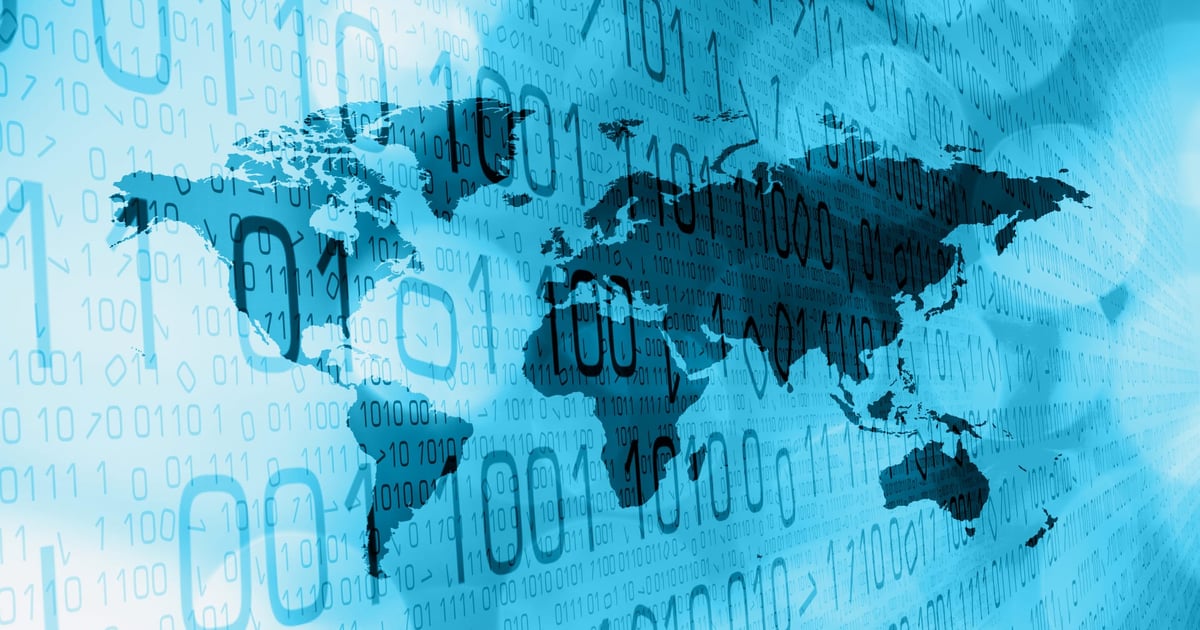
September 1, 2024 at 09:03PM
Ransomware attacks in Southeast Asia are on the rise, surpassing the growth rate in European nations. The shift to digital infrastructure in the region often sacrifices security, leading to an increase in successful cyberattacks. Vulnerable sectors include manufacturing, government, and healthcare, with many countries lacking breach notification laws and companies more likely to pay ransoms due to cryptocurrency usage.
Based on the meeting notes, the key takeaways are:
– Southeast Asia has seen a significant increase in ransomware attacks, surpassing the rate of growth in European nations.
– The rush to digitize infrastructure in the region has often resulted in sacrificing security as a lower-level priority.
– The Asia-Pacific region has experienced serious cyberattacks, indicating a focus of threat groups on the region.
– The number of publicly reported ransomware attacks in Asia grew by 85% in 2023.
– Ransomware groups are targeting critical and vulnerable industrial sectors in the Asia-Pacific region, with the manufacturing sector being the most affected.
– Many countries in Asia do not have breach notification laws in place, leading to underreporting of breaches and less focus on cybersecurity.
– Ransomware and cybercriminal fraud are endemic in the Asia-Pacific region.
– The increase in ransomware attacks is likely due to the relative immaturity of the region’s cybersecurity ecosystem and increasing regional tensions.
– National governments in the Asia-Pacific region are updating their regulations to improve security.
– Companies in the region should focus on implementing foundational defenses, regular patch management, strong password policies, and multifactor authentication.
These takeaways highlight the urgency for organizations in the Asia-Pacific region to prioritize cybersecurity efforts and implement robust defenses to counter the increasing threat of ransomware and cyberattacks. Additionally, the need for regulatory updates and the focus on foundational defense strategies underscore the importance of proactive measures to enhance cybersecurity in the region.